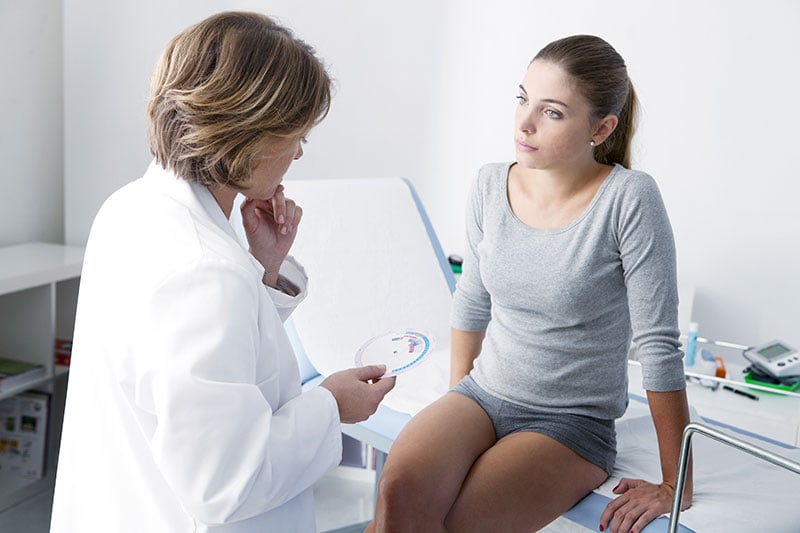Your first visit to an obstetrician-gynecologist (OBGYN) marks an important milestone in your healthcare journey. This appointment establishes the foundation for ongoing reproductive and gynecological care. Understanding what happens during this initial consultation helps you prepare mentally and physically for the experience. Here is more information on what to expect during your first visit:
Receiving a Health Assessment
Your OBGYN will begin the appointment by reviewing your complete medical history. This discussion covers your menstrual cycle patterns, including when your periods started, their frequency, duration, and any irregularities you’ve noticed. The physician will ask about your family’s medical history, particularly conditions affecting reproductive health, such as ovarian or breast cancer, endometriosis, or fertility issues.
The conversation extends to your current medications, including birth control pills, supplements, and over-the-counter drugs. Your doctor will inquire about allergies, previous surgeries, and any ongoing health conditions. If you’re sexually active, expect questions about your sexual history, number of partners, contraception methods, and any concerns about sexually transmitted infections.
This discussion also addresses lifestyle factors that affect reproductive health. Your OBGYN will ask about smoking, alcohol consumption, exercise habits, and stress levels. These factors influence hormonal balance and impact your overall reproductive wellness.
Understanding the Physical Examination
The physical examination includes several components designed to assess your reproductive health comprehensively. Your doctor will measure your height, weight, and blood pressure as baseline health indicators. A general physical exam may include checking your heart, lungs, and lymph nodes. The breast examination involves visual inspection and manual palpation to check for lumps, changes in skin texture, or other abnormalities. Your doctor will teach you proper self-examination techniques to perform at home monthly.
The pelvic examination represents the most distinctive aspect of an OBGYN visit. You’ll be asked to undress from the waist down and lie on an examination table with your feet in stirrups. The external examination involves inspecting the vulva for any unusual growths, irritation, or abnormalities.
The internal examination uses a speculum, a medical instrument that gently opens the vaginal walls to allow visualization of the cervix. This may cause mild discomfort, but shouldn’t be painful. During this portion, your doctor will collect cells for a Pap smear if you’re due for cervical cancer screening. The bimanual examination follows, where the physician inserts gloved fingers into the vagina while pressing on your abdomen with the other hand.
Addressing Health Concerns
Your OBGYN will address contraception options based on your lifestyle, health history, and preferences. The discussion covers various methods, including hormonal options like birth control pills, patches, or intrauterine devices (IUDs), as well as barrier methods and long-acting reversible contraceptives. The physician will explain the effectiveness, side effects, and proper usage of different contraceptive methods. If you’re already using birth control, your doctor will assess its suitability and address any concerns or side effects you’re experiencing.
This portion of the visit also provides an opportunity to discuss any reproductive health concerns. Topics may include irregular periods, painful menstruation, unusual discharge, pelvic pain, or questions about fertility. Your doctor will provide evidence-based information and recommend appropriate treatments or further testing if needed.
Find an OBGYN
Your first OB-GYN visit establishes a baseline for future care and opens communication channels for ongoing health management. The appointment typically lasts 30 to 60 minutes, allowing adequate time for thorough assessment and discussion. The first visit creates a foundation for a long-term healthcare relationship focused on maintaining your reproductive and overall health throughout different life stages.





